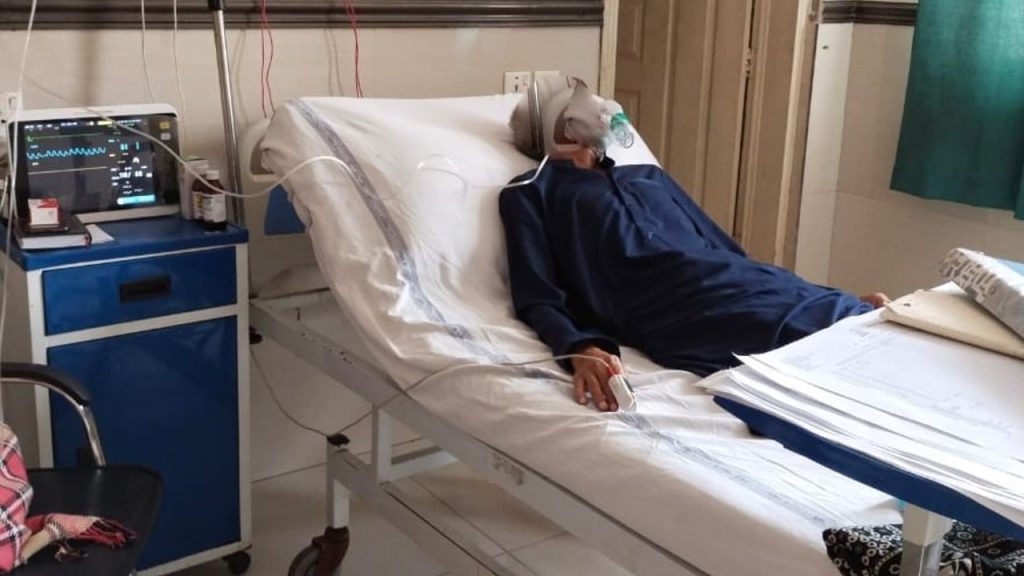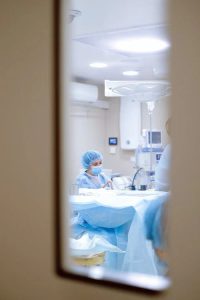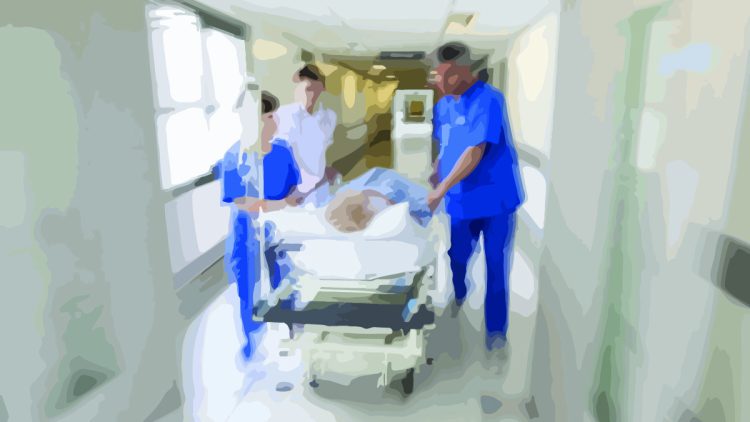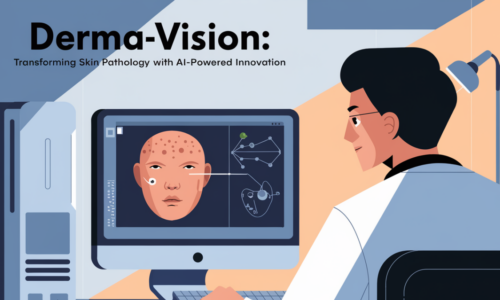Without a doubt, as time passed while the country was under lockdown, the COVID-19 pandemic changed everyone’s vulnerabilities. The COVID -19 pandemic has conveyed not only disease but also a slew of vulnerabilities, which dynamically change in response to policy measures. The disease toll to slow down the transmission of the disease was bourgeoned in low-income countries in particular which were already struggling to stabilize their economy. Pakistan likewise struggled to offer health and social services during the COVID-19 surge. With COVID-19, the strain on Pakistan’s already frail health sector has increased dramatically, necessitating major efforts to solve the health sector’s difficulties.
 In this pandemic, physicians are playing a critical role and taking much burden. In Pakistan where the health expenditure is low, the public healthcare system is not well established, and the density of registered physicians per 10,000 population is not appreciable, physicians have made a tremendous effort to control the disease. COVID-19 pandemic has put further direct and indirect pressures on the healthcare system posing health risks to the vulnerable population with inadequate healthcare systems and infrastructure. Amidst all these vulnerabilities, physicians have tried their level best to control the infection caused by COVID-19 in addition to managing other diseases in Pakistan.
In this pandemic, physicians are playing a critical role and taking much burden. In Pakistan where the health expenditure is low, the public healthcare system is not well established, and the density of registered physicians per 10,000 population is not appreciable, physicians have made a tremendous effort to control the disease. COVID-19 pandemic has put further direct and indirect pressures on the healthcare system posing health risks to the vulnerable population with inadequate healthcare systems and infrastructure. Amidst all these vulnerabilities, physicians have tried their level best to control the infection caused by COVID-19 in addition to managing other diseases in Pakistan.
A qualitative study, “Experience of physicians during COVID-19 in a developing country: a qualitative study of Pakistan” was conducted during the second peak of COVID-19 in Pakistan which was based on the experience of physicians of Pakistan to understand the real-time challenges faced by them. This study aimed to investigate the experience of physicians in Pakistan as frontline workers in the treatment of COVID-19 patients. In-depth interviews of physicians working with patients suffering from coronavirus in a public hospital were conducted. The lockdowns and fear of contraction of the disease made it hard for non-physicians to approach the frontline physicians. This study was made possible with the collaboration of frontline doctors who were actively involved in the treatment of COVID-19 patients and helped us in the collection of the data and conduction of the interviews for this study.

The pandemic of COVID-19 challenged the capacity of hospitals and the safety of frontline health workers and physicians. COVID-19 spread rapidly and jeopardized the physicians with not only treatment but also limited resources and a new working style. Hospitals were lacking proper ventilation systems and rest areas separated from the ward, lack of quality protective equipment and limited handling capacity of COVID-19 patients. The nursing staff faced difficulty to follow the standard operating procedures for COVID-19 due to lack of training.
 The study’s results revealed many challenges that Pakistani physicians faced, including physical and psychological stress due to the treatment of COVID-19 patients. During this pandemic, physicians have put their lives at risk and helped the world to fight against the infection. In developing countries, the fight is much harder for physicians as we can see from their first-hand experience that they are stressed, exhausted, fearful of carrying the infection to their homes and anxious about not getting exposed to the virus. Personal Protection Equipment were available, still adds to the trouble as wearing it for extended duty hours is still not easy, especially when they cannot change or remove it safely in separate donning and doffing areas. The knowledge gap of physicians and staff and the novel coronavirus itself is troublesome for physicians. They have to educate their staff along with insufficient resources, infrastructural deficiencies, and weak management. In addition to procuring equipment and increasing the capacity of hospitals, public health policy should also focus on the well-being of doctors and the skill development of the staff.
The study’s results revealed many challenges that Pakistani physicians faced, including physical and psychological stress due to the treatment of COVID-19 patients. During this pandemic, physicians have put their lives at risk and helped the world to fight against the infection. In developing countries, the fight is much harder for physicians as we can see from their first-hand experience that they are stressed, exhausted, fearful of carrying the infection to their homes and anxious about not getting exposed to the virus. Personal Protection Equipment were available, still adds to the trouble as wearing it for extended duty hours is still not easy, especially when they cannot change or remove it safely in separate donning and doffing areas. The knowledge gap of physicians and staff and the novel coronavirus itself is troublesome for physicians. They have to educate their staff along with insufficient resources, infrastructural deficiencies, and weak management. In addition to procuring equipment and increasing the capacity of hospitals, public health policy should also focus on the well-being of doctors and the skill development of the staff.
The study highlighted many areas where policymakers need to intervene for the development and upgradation of the health care system. There is a need to increase the focus on the development of health infrastructure and systems, especially when more outbreaks are predicted for the future. Physicians should also be facilitated with isolation areas where they can stay for some days if they feel that they are infected during duty instead of bringing it to their homes, where they mostly are responsible for taking care of their parents and living with them. They can introduce make-and-shift infrastructure to replace the long-term infrastructural development programs to facilitate the physicians as well as the patients.
Reference
Haq, W., Said, F., Batool, S., & Awais, H. M. (2021). Experience of physicians during COVID-19 in a developing country: a qualitative study of Pakistan. The Journal of Infection in Developing Countries, 15(02), 191-197. DOI: 10.3855/jidc.13954.
The author is Assistant Professor at School of Social Sciences and Humanities (S3H), National University of Sciences and Technology (NUST), Islamabad, Pakistan. She can be reached at dr.wajihahaq@s3h.nust.edu.pk.
Researcher Profile: https://bit.ly/3Nid15n

![]()





